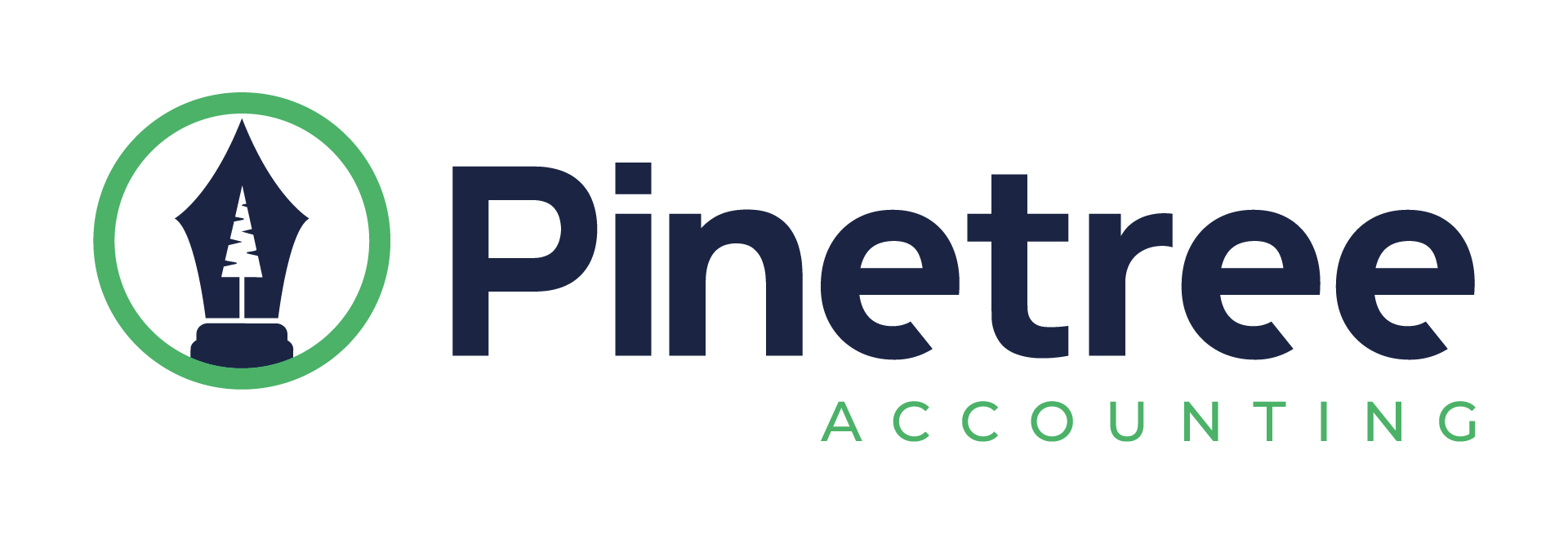The purpose of an audit is to ensure the integrity of financial accounts. This process helps to ensure compliance with the generally accepted accounting principles or GAAP. Regular audits are essential to maintain the credibility of your company’s finances and help attract investors. In addition, they can reveal areas in which the business can improve its efficiency. With audits, a company can manage its affairs properly and know the value of its assets and liabilities. If a company cannot show these figures, it becomes unreliable in the marketplace. Audits are also a way of preventing incapacitating misstatements in company records.
Public companies must conduct an annual audit. Keeping proper records and audit trails will save a company time and money. A thorough audit trail captures data, including date and time-stamped information. It also helps auditors quickly determine whether transactions are legitimate or not. Faster audits also save time and money in audit fees, so a thorough audit trail is essential for any company.
An audit is an independent evaluation of a company’s books and statutory records. It checks the accuracy of financial statements and ensures that non-financial disclosures have been made. It also makes sure that proper bookkeeping practices are in place. An audit will also reveal any potential areas of improvement within an organization.
An effective audit system will enable a business to pursue its corporate goals. It also allows it to meet its operational objectives and promote productivity. Effective internal control measures are necessary for preventing fraud and misappropriation. Internal auditors document material irregularities and recommend improvements as appropriate. An audit also helps a business gain credibility and confidence in its operations. It can improve operational productivity by identifying and correcting weaknesses in internal controls.
Once an audit is completed, the auditor will report its findings to management. They will explain to them the strengths and weaknesses of the company and advise on the best practices for improving them. They will also prepare an audit report detailing their findings, including recommendations for improvement and any documents that need to be amended.





